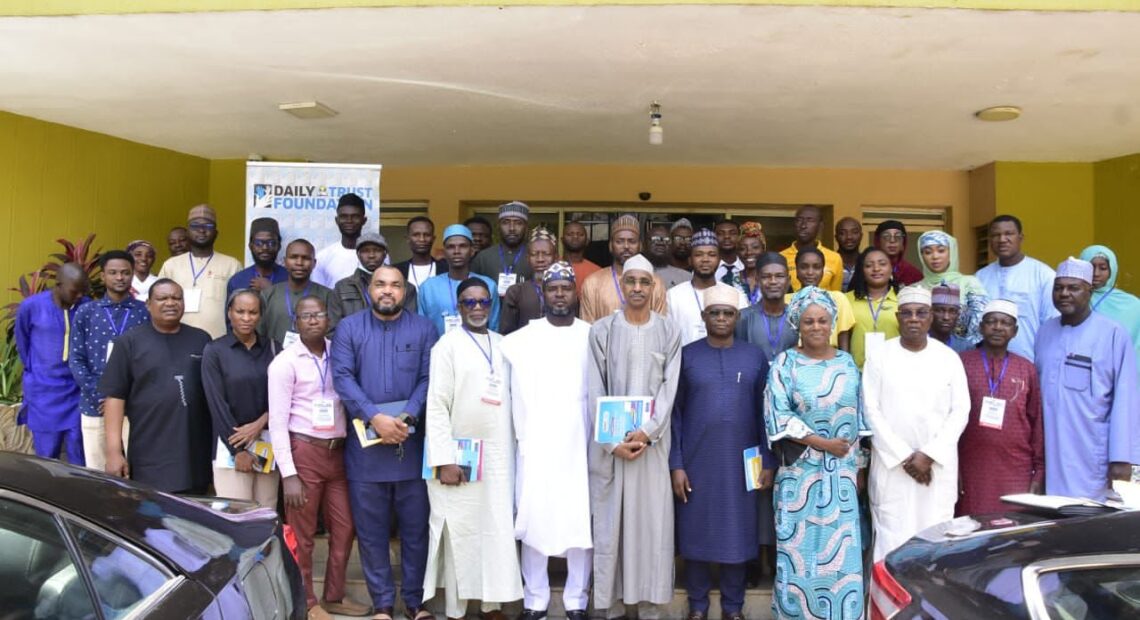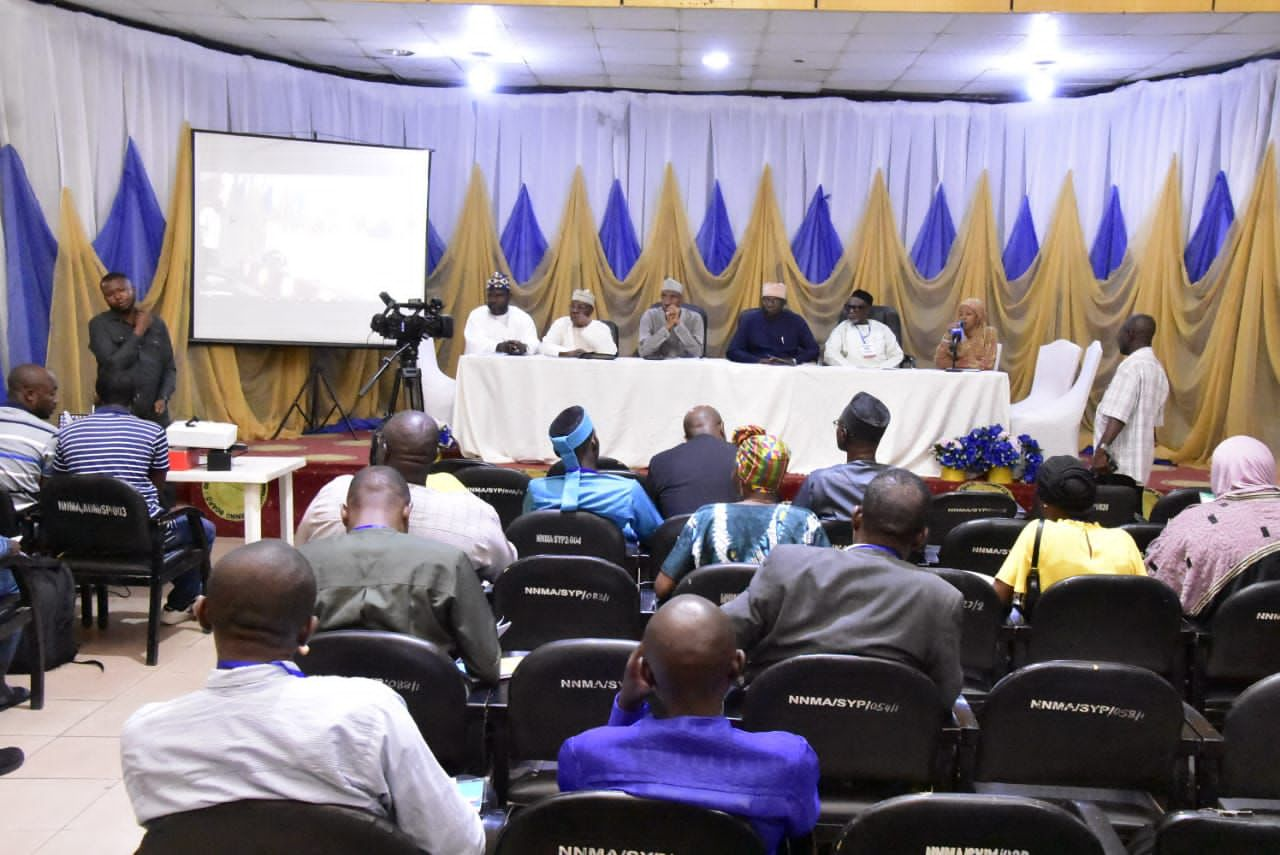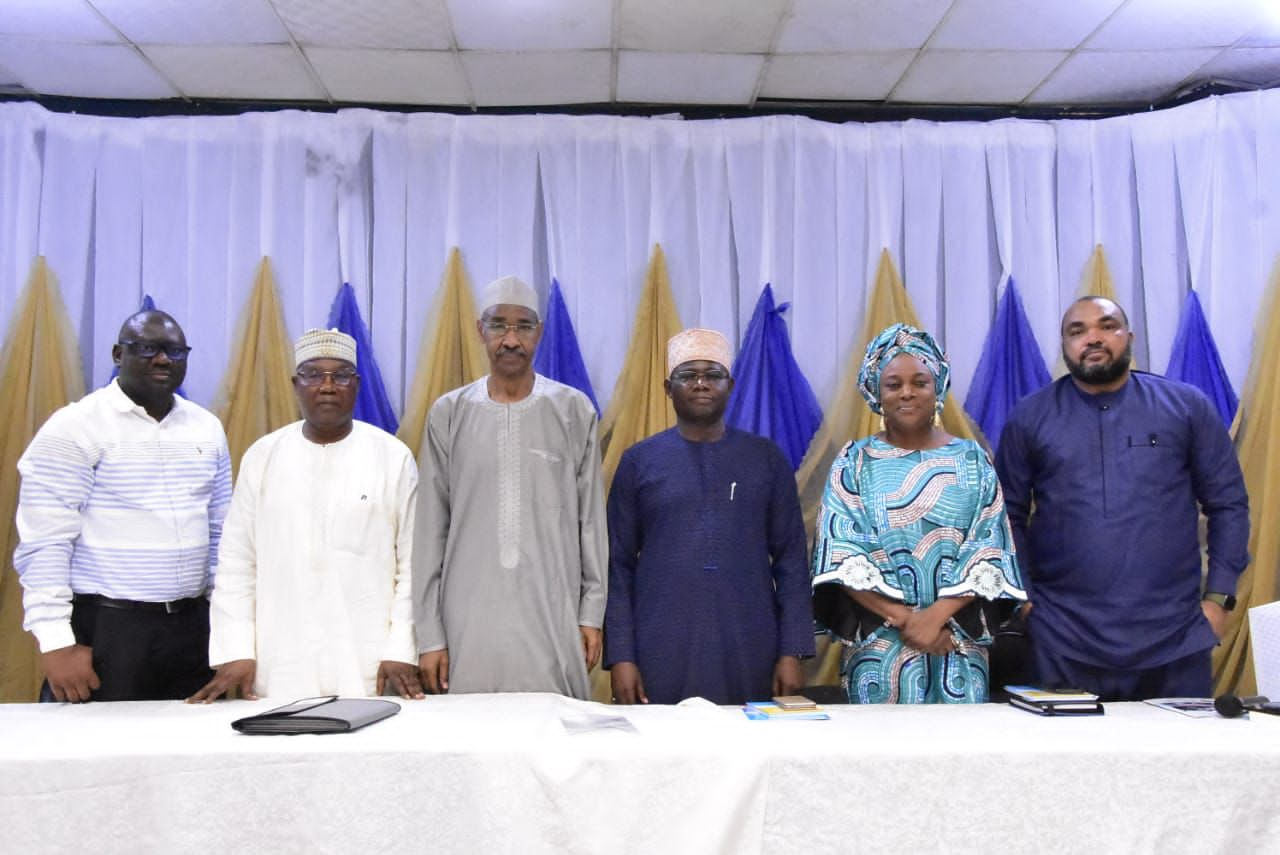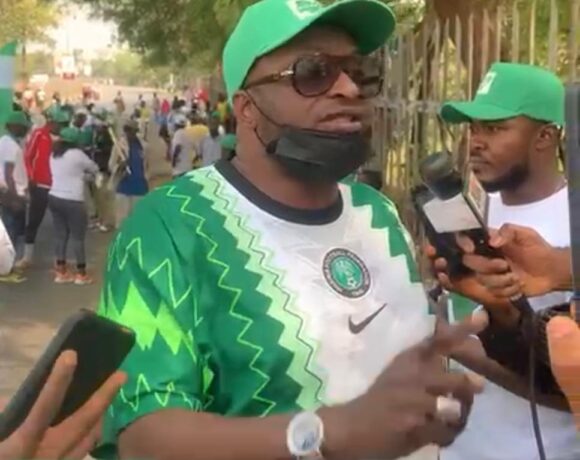Daily Trust Foundation trains journalists, others on book writing, editing, publishing

By Emmanuel Kwada
Daily Trust Foundation, a Corporate Social Responsibility arm of Media Trust Group, in collaboration with Mac Arthur Foundation, has organised a five-day workshop to train journalists and other categories of writers on how to write instructional materials, fiction and non-fiction books.
The training instilled editing and publishing skills in the participants.
The capacity building workshop held in Abuja began on September 25 and ended today (Friday) September 29, 2023 on a resounding note.
About 50 participants from different media organisations across the country were in attendance.
In his opening remark, the chairman of the Foundation, Alhaji Bilya Bala, said the training was a part of the foundation’s objectives of capacity building for journalists, writers and publishers in Nigeria to make money from the skills they acquired while on the job.
Alhaji Bilya who described writing as an art and a part of God’s plan, urged the participants to make the most of the programme.
“No matter what happens, written word is going to continue, even the God’s message came in a written format. So, you cannot take writing away,” he said.
The Director (Africa), MacArthur Foundation, Dr Kole Shettima, in his goodwill message, said the Foundation had been supportive to different media houses and had been active in mentorship, training and exploring work on revenue generation with a view to enhancing financial and editorial independence.
The President, Nigerian Publishers Association, Uchenna Cyril Anioke,
also called on the Nigerian authors and writers to collaborate with publishers to provide books in our indigenous languages from the nursery to tertiary levels.

While highlighting the details of the event and its importance, the Director of Programmes, Daily Trust Foundation Dr Theophilus Abbah, who was also one of the facilitators, stressed that the workshop was aimed at training journalists, writers and publishers to enhance their writing, editing and book publishing skills.
“Journalists possess writing skills which can be deployed in writing instructional materials for schools, biographies, non-fiction books, historical books; novels, short stories for kids and adults, that will generate revenue,” he said.
The first training day started with a panel discussion chaired by Dr. Bukar Usman, Chief Isiaq Ajibola, Mrs Eugenia Abu and Mr Othuke Ominiabohs who shared their experiences on the issues which border on “book publishing in Nigeria: print, eBook, or both: what’s best for the market?” with Abulkareem Baba-Aminu as the moderator.
The dos and don’ts in book publishing in Nigeria for publishers in Nigeria by Chief Joop Berkhout (OON) was presented by Dr Theophilus Abbah when he reemphasised on the dos and don’ts in writing and book publishing.

Ominiabohs who made a presentation on: “How to Engage in Book Promotion, Advertising and Marketing, stated that, like every product, every book needs to go through a series of processes right from the conception of the idea, developing the idea, the design, formating style etc.
According o him, an author must answer the question: What am I writing? Why should anybody care about what I am writing? How relevant is it to my target audience? Who is the target audience?
He stressed that a book was a product that should also be capable of solving a problem.
He noted that some books were being piled up in stores, warehouses and authors’ houses because they didn’t go through the proper processes.
Dr. Abdullazeez who was also a panel member, highlighted some of the problems associated with writing in Nigeria which include: “Plagiarism, lack of capital, low quality books by publishers and poor marketing skills.
There is no nation building or development without a book. Any nation that wants to develop must embrace book and reading culture,” he said.
There is no nation building or development without a book
On the second day of the training,
Abdulkareem Baba-Aminu made a presentation on how to identify a good story and develop it as a book. He took the participants through the processes of identifying a good topic to write on, assessing the market, developing character and reaching out to target audience.
The researcher of Who’s Who in Nigeria, by Newswatch, and coordinator Olusegun Obasanjo presidential Library, Nyanno Osso, who also took the participants through the concept of conducting research and interviews for non-fiction, declared that writing non-fiction and interviews required a lot of skills and resources. According to him, it was barely impossible to conduct proper research without a budget.
The third day of the training focused on writing in vernacular; strategy challenges, marketing, writing books as instructional materials as well as how its difference from other non-fictions. This was presented by Prof. Auwulu Anwar who said that compliance with national curriculum was key in writing instructional materials.
Mr Sunday Okoh’s presentation dwelt richly on how to write for children and young adults. He highlighted the roles of pictures in children books.
Journalists possess writing skills which can be deployed in writing instructional materials for schools
The forth day dwelt on book publishing. Olayemi Onakunle who made the presentation, noted that book publishing could be done in either traditional, hybrid or self publishing. He explained the differences and the importance attached to each type of publishing.
Dr. Jaja took the participants through the legal aspect of book writing and publishing. He explained different types of laws and acts guiding the industry and how an author could protect himself and his firm from falling a victim of any of the laws.
On the craft of writing non-fiction, Dr. Theophilus Abbah explained the approaches and guidelines for writing non-fiction books as well as paraphrasing.
The Programme ended today the fifth day of the training with a presentation by Eugenia Abu (Mrs), Managing Partner/CEO, the Eugenia Abu Media. She took the participants through the aspects of proofreading, writing, editing, punctuation and other communication rules that makes the entire writing process more efficient.
The Insight Report
Nigeria Coverage



